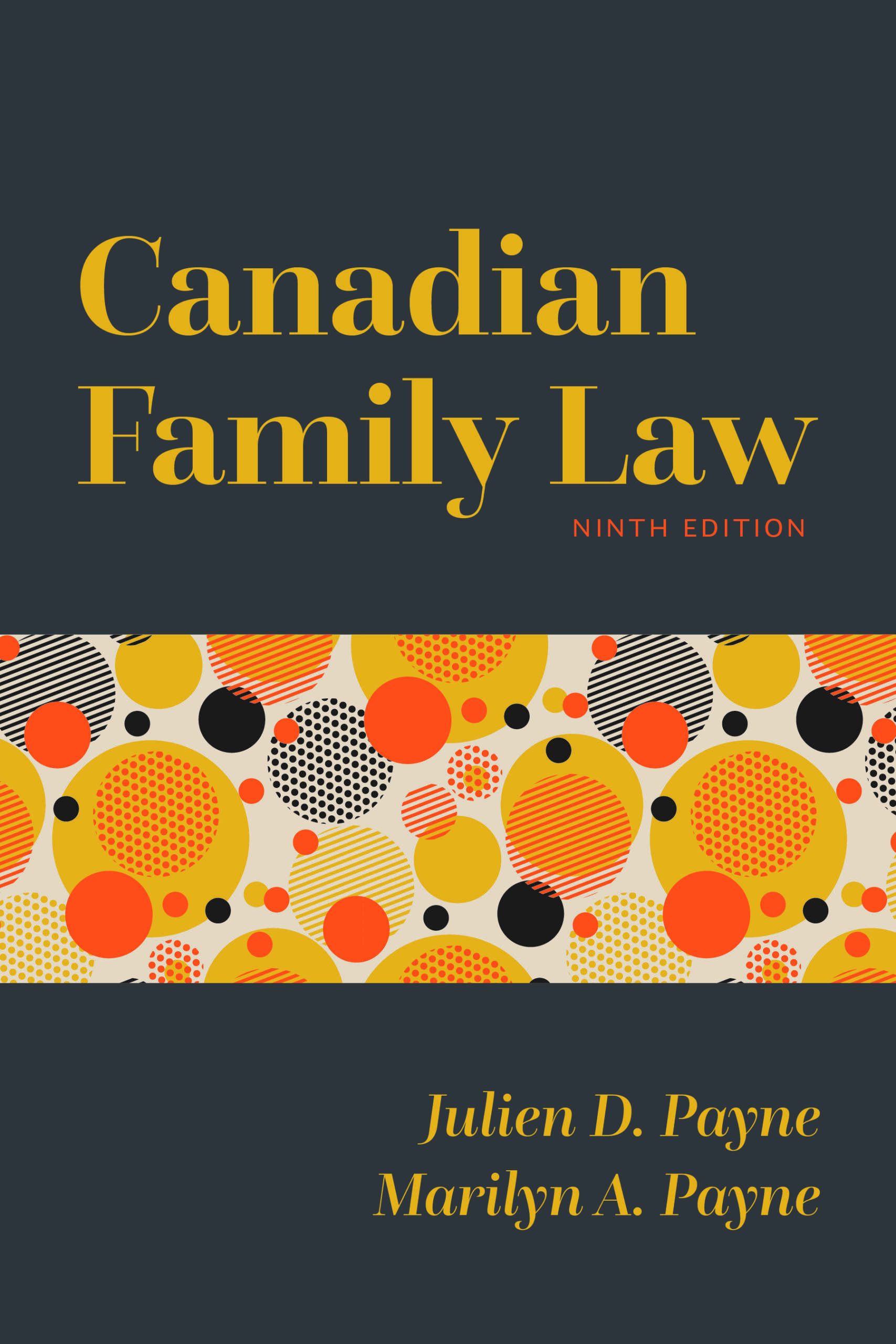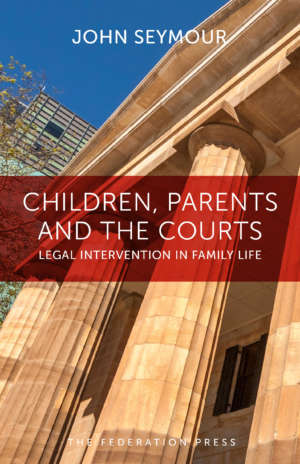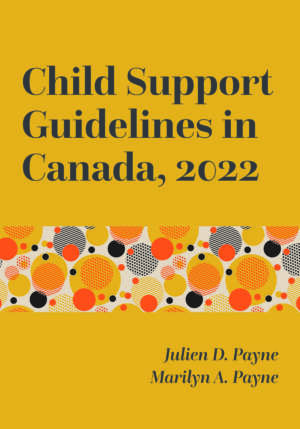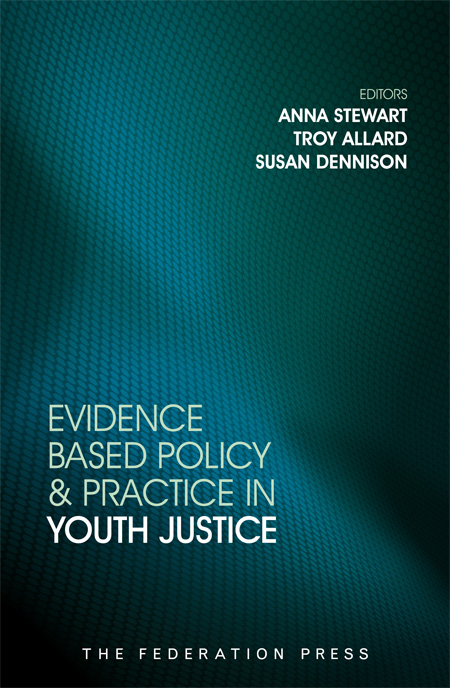Product Description
Canadian Family Law will be of special interest to judges, legal practitioners, mediators, arbitrators, parenting coordinators, and other professionals who require an understanding of the law relating to families. It also provides a unique source of information for law students and their professors as well as members of the public who face domestic crises and the threat of marriage breakdown. The ninth edition of Canadian Family Law is a companion volume to Payne and Payne, Child Support Guidelines in Canada, 2022. Previous editions of both texts have been cited in hundreds of judicial decisions across Canada, including the Supreme Court of Canada and appellate courts from coast to coast. Canadian Family Law has also been adopted as required reading in family law courses presented by several colleges and universities across Canada.
This new edition incorporates fundamental legislative changes to the Divorce Act. The most fundamental legislative changes replace the loaded terminology of “custody” and “access” orders in favour of “parenting orders” that focus on parenting time and decision-making authority and “contact orders” with respect to third parties. They also establish a detailed non-exhaustive list of criteria to assist courts in determining the “best interests of the child”; call upon prospective litigants and their lawyers to address the feasibility of using out-of-court family dispute resolution services; introduce measures to effectively assist courts in addressing family violence; and create a framework for situations where one parent wishes to relocate a child of the marriage. Chapter 10 provides a detailed description of the legislative changes relating to parenting disputes and the authors venture their opinion concerning the ongoing impact of judicial rulings under the former statutory regime.
Additional changes relating to recourse to alternative dispute resolution processes, and issues of a jurisdictional nature were also included in the recent amendments to the Divorce Act. Alternatives to the judicial resolution of family disputes, including collaborative family law, mediation, arbitration, med-arb, and parenting coordination are examined in chapters 1 and 6 of the ninth edition of Canadian Family Law. The jurisdictional changes that came into force on 1 March 2021 are examined in Chapter 7.









